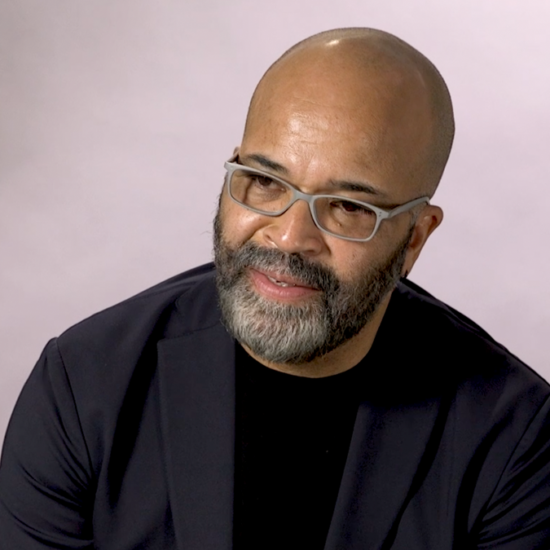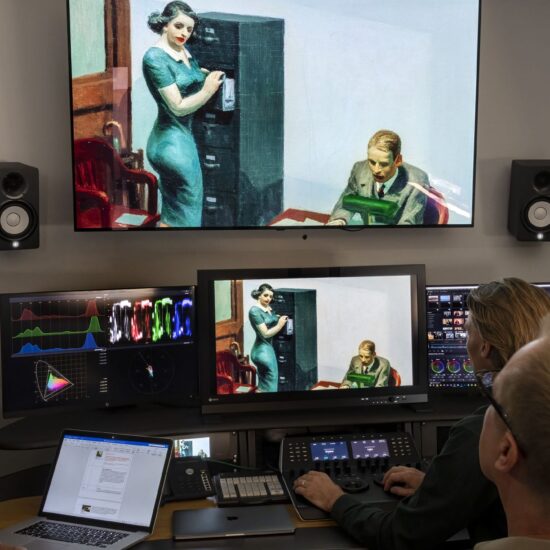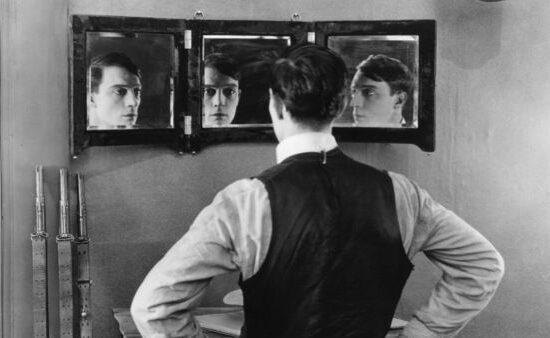It’s a common misconception among Americans today that African Americans had it the worst prior to the Civil Rights movement of the 1960s. Really it’s the opposite. Before the Civil Rights movement, Black Americans were just Americans. They had their churches and communities and were as prosperous as they could be. Up until the Great Depression, Tulsa was Black Wall Street. As we learn in director Justin Malone’s Uncle Tom II: An American Odyssey, it took a bunch of white Marxists to derail the progress of Black America.
Chad Jackson guides us through an unflinching, if cursory, exploration of the leftist policies and movements which sought to infest Black America and prevent it from prospering. Starting with the race hustlers who sought to take advantage of the conflicts in the South, like the venerated Rev. Martin Luther King Jr., Marxist activists became part of Black people’s struggle in Georgia, Alabama, and other southern states. While initially, such radicals seemed helpful to the cause, the true intent became clear in successive decades.
There is a dire contrast between Black Adults in their 60s and 70s today and the Blacks coming to adulthood now. Whereas the older generations of Black Americans come off as American capitalists, the later generations seem to believe they’re entitled to things. In most inner cities, you will see Black communities that subsist on HUD and section 8 housing, food stamps, and free mobile phones. I saw it firsthand in East Orange, NJ. There I was going about my business, and some young feller tried to convince me I needed a free Obama phone; naturally, I declined the offer.
“…it took a bunch of white Marxists to derail the progress of Black America.”
Uncle Tom II, written by Malone, Jackson, Larry Elder, and Ryder Ansell, presents wonderful interviews and speech excerpts from a host of great Black intellectuals of America. Dr. Ben Carson, Allen West, Carol Swain, Thomas Sowell, Voddie Baucham Jr., and others all contribute deep introspective thought concerning undermining the Black community in America by the likes of Saul Alinsky and other radicals. You know there’s something wrong with a man when he dedicates his book to Lucifer Morningstar, which Alinsky did with Rules for Radicals. As I have read that book, I can tell you directly, dear reader, the radicals who adhere to these directives will never be satisfied. It’s not for them to conclude the protest; there must be new protest movements cropping up all the time. That’s how they prosper.
I enjoyed the fact Malone took this as an opportunity to delve into the central crux of Marx and Engels’ philosophy. Marxism does not know how it will achieve its utopia. While all the children and young adults documented want free stuff, they have no idea how to sustain it. So movements like Black Lives Matter begin. It might have been a great idea at first, but now it’s clear this is how Patrice Cullers — who is wonderfully documented here — and others profit from the grift of the movement. Listening to her declare how she was angry, but with no idea about what is illuminating. Again, it’s never about winning. The protest is just meant to continue indefinitely.
And that is how Civil Rights and Black Lives Matter have kept Black Americans from succeeding. W. E. B. Dubois started it all off with the NAACP. His communist affinities used the advancement of people of color as a front for teaching generations of young Blacks to embrace Marxism and its destructive tenets.
Malone has directed a fine film in Uncle Tom II: An American Odyssey. While it cannot go too deep into this massive and sprawling subject, it gets to the essence of the problem. This is a must-watch slice of American History for every citizen.













